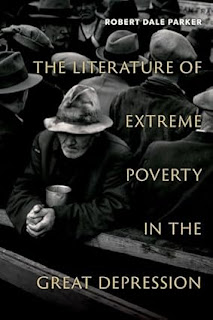Coming April 1 from Mysterious Press: Glitter in the Dark by Olesya Lyuzna.

About the book, from the publisher:
The search for a kidnapped singer in Prohibition-era New York leads an intrepid reporter from Harlem speakeasies to the dazzling world of the theater, all while grappling with her warring passions.Visit Olesya Lyuzna's website.
Ambitious advice columnist Ginny Dugan knows she’s capable of more than solving other people’s beauty problems, but her boss at Photoplay magazine thinks she's only fit for fluff pieces. When she witnesses the kidnapping of a famous singer at Harlem’s hottest speakeasy, nobody takes her seriously, but Ginny knows what she saw―and what she saw haunts her.
Guilt-ridden over her failure to stop the kidnappers and hard-pressed for cash to finally move out of her uptight showgirl sister’s apartment, Ginny resolves to chase down the truth that will clear her conscience and maybe win her a promotion in the process. When private detective Jack Crawford starts interfering with her case, Ginny ropes him into a reluctant partnership but soon finds herself drawn to the kind heart she glimpses beneath his brooding exterior. Equally as alluring is Gloria Gardner, the star dancer of the Ziegfeld Follies who treats life like one unending party. Yet as Ginny delves deeper into the criminal underworld, the sinister plot she uncovers seems to lead right back to the theater.
Then a brutal murder strikes someone close to her, and Ginny realizes the stakes are higher than she ever imagined. This glamorous world has a deadly edge, and Ginny must shatter her every illusion to catch the shadowy killer before they strike again.
--Marshal Zeringue














































